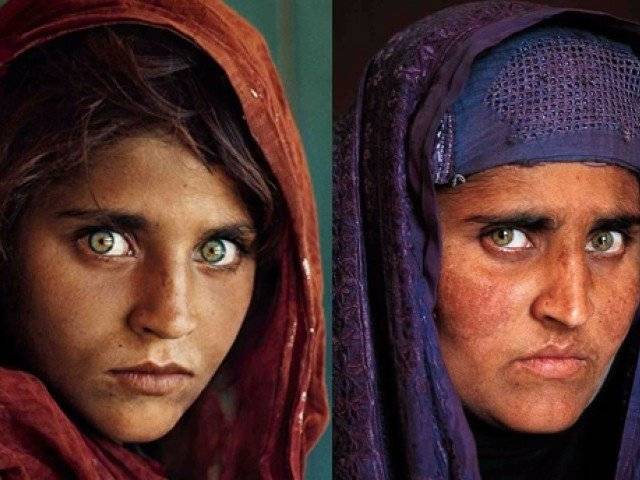On one level, Sharbat Bibi, who was National Geographic’s famous green-eyed ‘Afghan Girl’ embodies the plight of Afghan refugees displaced by the decades of violence plaguing the country. She was twelve in 1984 when the iconic picture was taken. First forward thirty-two years and she is still a refugee, and the problems refugees in Pakistan face show no signs of abating. The treatment being meted out to Sharbat Bibi has been decried as unfair in international circles, and the photographer that took her picture all those years ago has pledged to help her, come what may.
But, as is often the case with the refugee problem in Pakistan, the world refuses to look at the problem from an impartial view. There is no denying that Afghani refugees have suffered to their displacement, and often Pakistani authorities and the public have made their stay untenable in recent times. But this was not always the case. According to unofficial numbers Pakistan housed roughly 2.5 million refugees, a world record. Many of them forged Pakistani documents in a bid to extend their stay. The computeristion of NADRA’s records and the terrorist problem has meant that there is greater scrutiny on crimes of identity forgery and theft, and Pakistani authorities were only following the law when they apprehended Sharbat Bibi for the same. Those that are crying foul across the world should remember that they would never have been as hospitable as Pakistan has been, and there is not even a question of bending the law to save an individual refugee. Just because Pakistan has not strictly enforced its laws in the past does not mean it cannot do so now, which is why international organisations and individuals should remember to respect a sovereign state’s decisions made on its own soil.
Let us also not forget that the UNHCR has been slowly closing its program for refugees in Pakistan, and funding for humanitarian purposes has decreased to a trickle. The Pakistan government is all that these people have and it has been doing its part for decades. Their own homeland is still unstable, and blame for this in no small part goes to the US, NATO and the Afghan government.
At this point, it is clear that 30 years in this country does little to help the fortunes of refugees that left their homes due to war. Yes, their lives are spared, but their children receive no formal education, there was no resettlement plan and the ‘guest status’ of Afghani refugees meant that this situation was never meant to be permanent. The only way to overcome this problem is to start the gradual resettlement of refugees in Afghanistan. The close connection between the Afghan and Pakistani people will remain eternal, but that does not mean that it does not need any rules in place.






